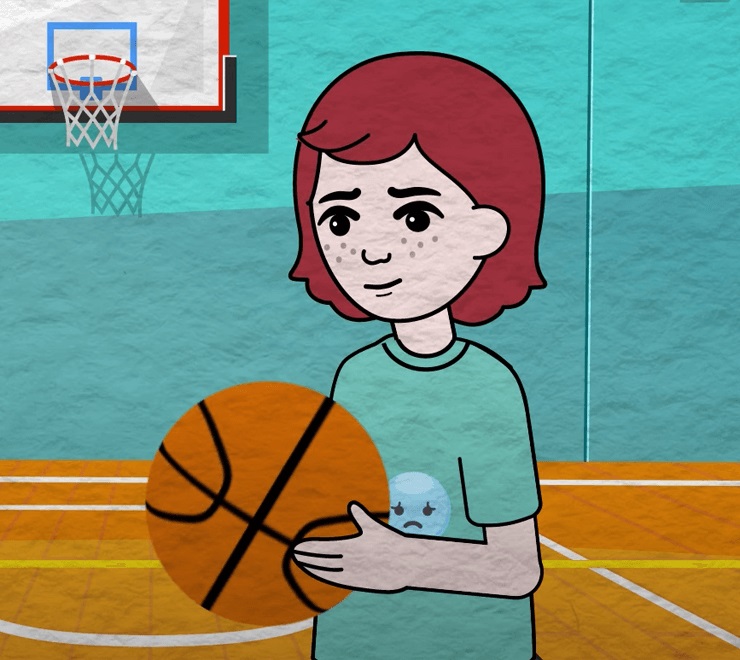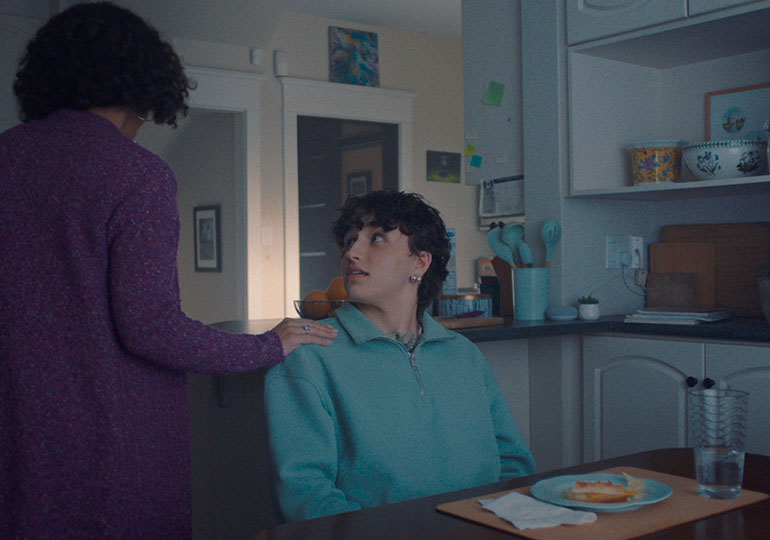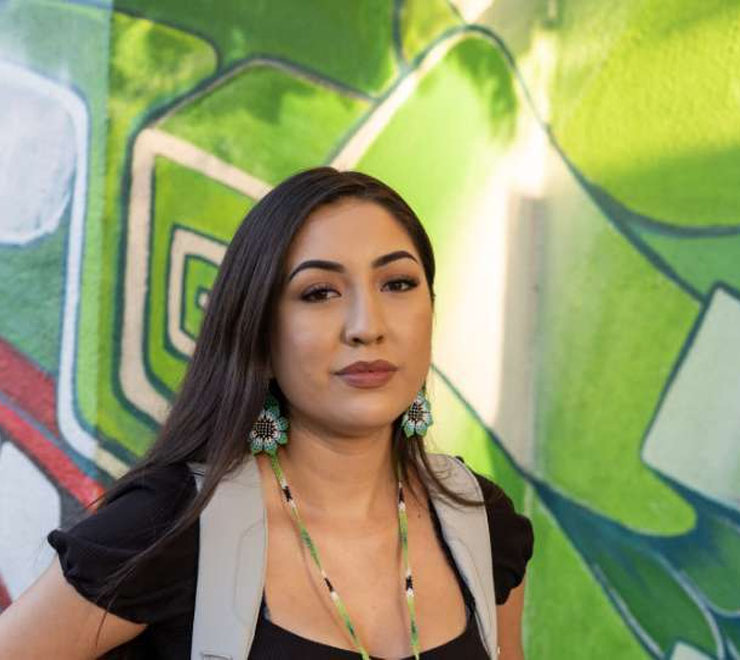Experiencing the loss of someone you love can be really hard. Everyone experiences grief and loss differently, and the process of healing and moving on will be different for each person. It’s important to communicate to the young person in your life that grief is a normal experience. Just knowing that can offer some relief in itself.
Grief can affect a young person in multiple ways. As a parent/caregiver, you can have regular conversations with the young person in your life about any loss they’re experiencing and to help them process their feelings.
How do I start a conversation about grief and loss?
It’s important to initiate conversations about the loss the young person in your life is going through. Here are a few things you can try:
- Let them know that grieving is a process that takes time, and that there’s no right or wrong way to express grief.
- Together, explore coping strategies, such as talking openly about their feelings, doing things that make them feel better and honouring the person/pet/etc. they’ve lost.
- Emphasize the social supports available to them, such as yourself, other family members, friends, teachers and services such as Kids Help Phone.
What are some things I can do to support the young person?
There are things you can do to help the young person through the grief and loss they’re experiencing. Here are some ideas:
Support the young person in telling the story of their loss
- Encourage them to talk about the person/pet/etc. they’ve lost.
- Be aware they may be taking others’ silence as a sign they’re not supposed to talk about what they’re going through. Consider bringing it up again in the future so they know the conversation can continue.
- Reassure them that they can talk with people in their support system, which could mean family, friends, teachers and services such as Kids Help Phone.
Help them explore coping strategies
You can ask the young person some questions to help them identify opportunities for support. For example:
- “Who do you trust to speak to about what’s been happening?” They may feel that there are people who “know” about the loss, but whom they haven’t spoken with directly.
- “What are one or two things you do that give you comfort when the grief feelings come up?”
- “What are one or two things someone else has done that have been comforting for you when you’re feeling sad?”
What are some other helpful tips?
Here are some other things to keep in mind when supporting the young person in your life through grief and loss:
Acknowledge that grief has no timeline
- A loss is not something that you ever “get over” — it’s something that becomes a part of our life stories.
- All reactions are natural, even if they feel completely different from how friends or family members feel and react.
Let them know that showing emotion doesn’t make you weak — it shows you’re human
- Everyone expresses their grief in different ways. It’s normal to have a range of emotions and behaviours, which can change from day to day.
- For example, grief can look like overwhelming sadness, conflicting emotions, anger, feelings of numbness, feelings that hit you like a wave, bouts of sadness that creep into your life at different times, etc.
Help them honour the person/pet/etc. they’ve lost
- Offer to help the young person mark memories in some way, such as planting a tree or making a memory box, collage or storybook.
- Encourage the young person to ask others who’re experiencing the same loss to share memories together.
The mystery of death
- Acknowledge the “mystery” of death and dying. Kids often ask questions like, “Why did this happen to me?” or “Where are they now?” It’s OK for adults not to know all the answers.
- If appropriate, acknowledge how the loss could relate to the young person’s sense of spirituality. It may mean finding strength in faith, spiritual practices/rituals or exploring spiritual meanings and connections.
Experiencing grief and loss can be difficult, no matter how old you are. If the young person in your life is struggling with grief and loss, they can contact Kids Help Phone 24/7 for support and other ways to cope.













